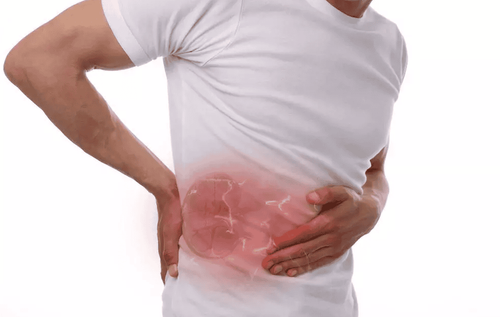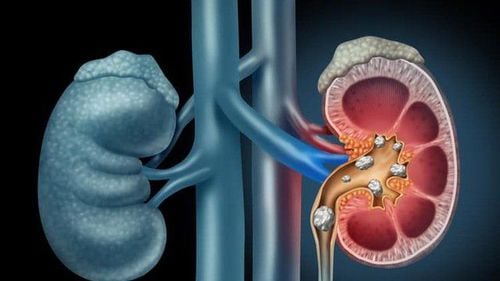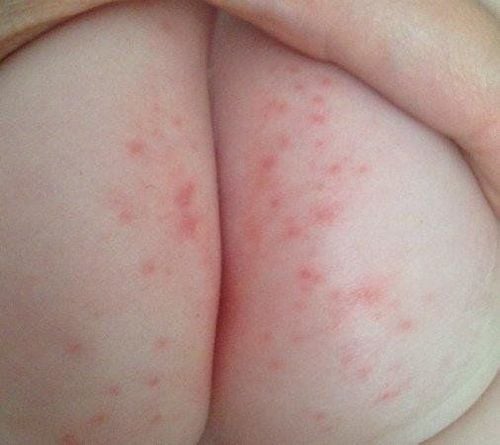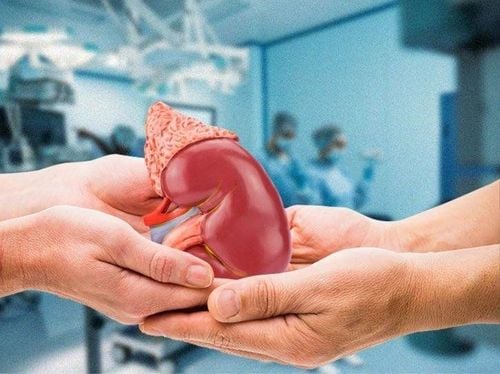Urinary incontinence in women, in general, and post-coital incontinence, in particular, can cause embarrassment and inconvenience in daily life and work. However, it is treatable.
1. What is urinary incontinence in women?
Urinary incontinence in women is the involuntary leakage of urine, which can occur during vigorous activities, such as lifting heavy objects, coughing, or even during sexual intercourse.
There are two types of urinary incontinence:
- Stress incontinence: This occurs when there is an increase in abdominal pressure on the bladder, such as during coughing, sneezing, laughing, or vigorous activities, causing urine to leak out. This condition is more common in women than men.
- Urge incontinence: This is characterized by a sudden, intense urge to urinate, followed by involuntary leakage. It is often caused by infections.
2. Causes of post-coital incontinence
Incontinence after sex is mainly due to stress incontinence, which occurs when the muscles and tissues supporting the bladder and urethra weaken.
When the bladder is full and stretched, the muscles in the urethra act as a valve to prevent urine from leaking out until urination.
However, when these muscles weaken, activities such as coughing, sneezing, lifting heavy objects, or vigorous activities can create pressure on the bladder, causing urinary incontinence.
In women, the weakening of the pelvic floor muscles and urethral muscles can be:
Trauma during pregnancy and childbirth: During pregnancy and childbirth, the pelvic floor muscles stretch significantly to allow the baby to pass through. After childbirth, vigorous activities can increase abdominal pressure, affecting the tone of the pelvic floor muscles, leading to urinary incontinence.
Aging: As women age, the weakening of muscles due to the aging process makes them more susceptible to stress incontinence, especially after pregnancy and childbirth. However, incontinence can occur at any age. Additionally, as women age, hormone levels, particularly estrogen, decrease. Estrogen helps maintain the thickness and elasticity of the urethral lining. As estrogen levels decrease, especially during menopause, the lining thins, loses elasticity, and the pressure in the urethra decreases, making it easier for urine to leak out.
Stress urinary incontinence due to weakened muscles can occur immediately after childbirth or after several years. Additionally, other factors can increase the risk of developing stress urinary incontinence, such as:
- Body weight: Women who are overweight or obese have a higher risk of stress urinary incontinence due to the excess body weight increasing pressure on the pelvic organs.
- Hysterectomy: This can affect the function and support of the bladder and urethra, making urinary incontinence more likely in women.
Frequent coughing or sneezing: This can be caused by conditions that lead to coughing or by smoking.
3. Complications of urinary incontinence in women
Loss of confidence: Urinary incontinence, in general, and post-coital incontinence, in particular, can cause women to feel embarrassed and less confident. It can affect work, daily activities, social relationships, and even marital life.
Skin irritation or infection: Frequent wetness in the vaginal area due to incontinence can lead to infections and irritation.
4. Treatment of urinary incontinence in women
For mild cases of incontinence, treatment can include medication and pelvic floor exercises. Severe cases may require surgical intervention to improve bladder control and strengthen the pelvic floor muscles.
Kegel exercises: These exercises strengthen the pelvic floor muscles and the muscles around the urethra. Regular practice can significantly improve urinary incontinence.
Maintain a healthy lifestyle: Drink plenty of water during the day and limit intake at night. Avoid caffeine and alcohol as they can irritate the bladder. Maintain a healthy weight to reduce pressure on the pelvic organs.

If you have chronic cough, treating the condition will reduce the risk of urinary incontinence in women.
Medication: Certain medications can reduce incontinence, but symptoms may return once the medication is stopped.
Surgery: Surgical interventions can improve stress incontinence by enhancing the support of the bladder and urethra. Options include injecting bulking agents around the urethra to improve closure.
To prevent incontinence, especially after childbirth, women are advised to plan their pregnancies, avoid multiple births that weaken the pelvic floor, and maintain a healthy and active lifestyle with regular exercise and a balanced diet to control weight and prolong youthfulness.
If you experience urinary incontinence after intercourse, it is important to consult a specialist for an accurate diagnosis and appropriate treatment. Sharing with your partner can also provide emotional support during treatment.
To arrange an appointment, please call HOTLINE or make your reservation directly HERE. You may also download the MyVinmec app to schedule appointments faster and manage your reservations more conveniently.













